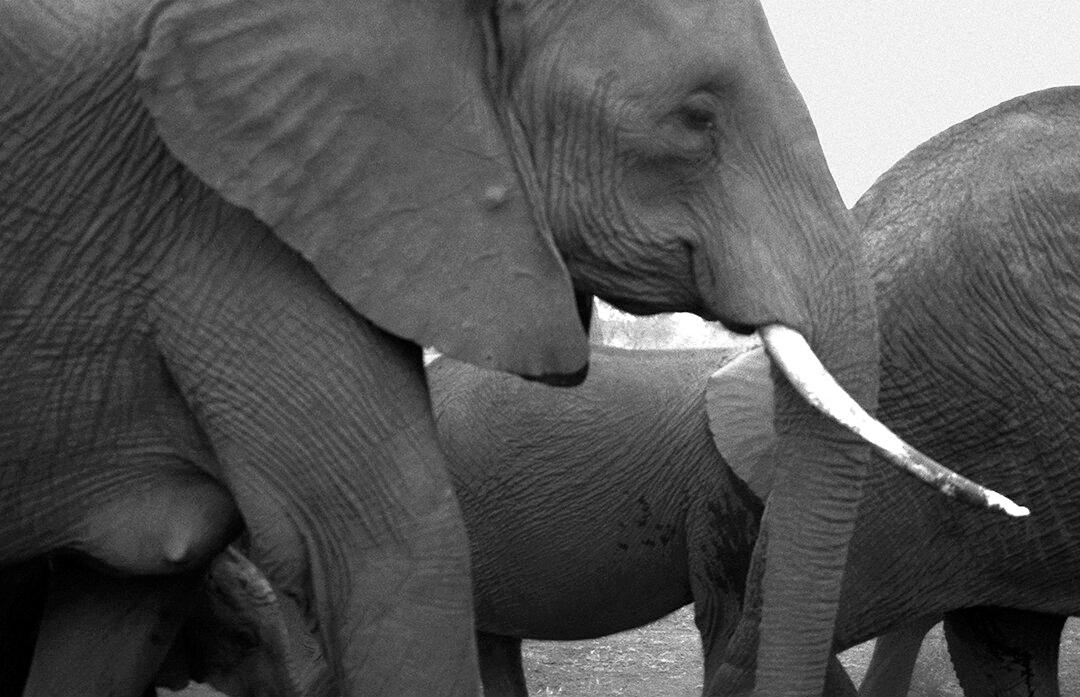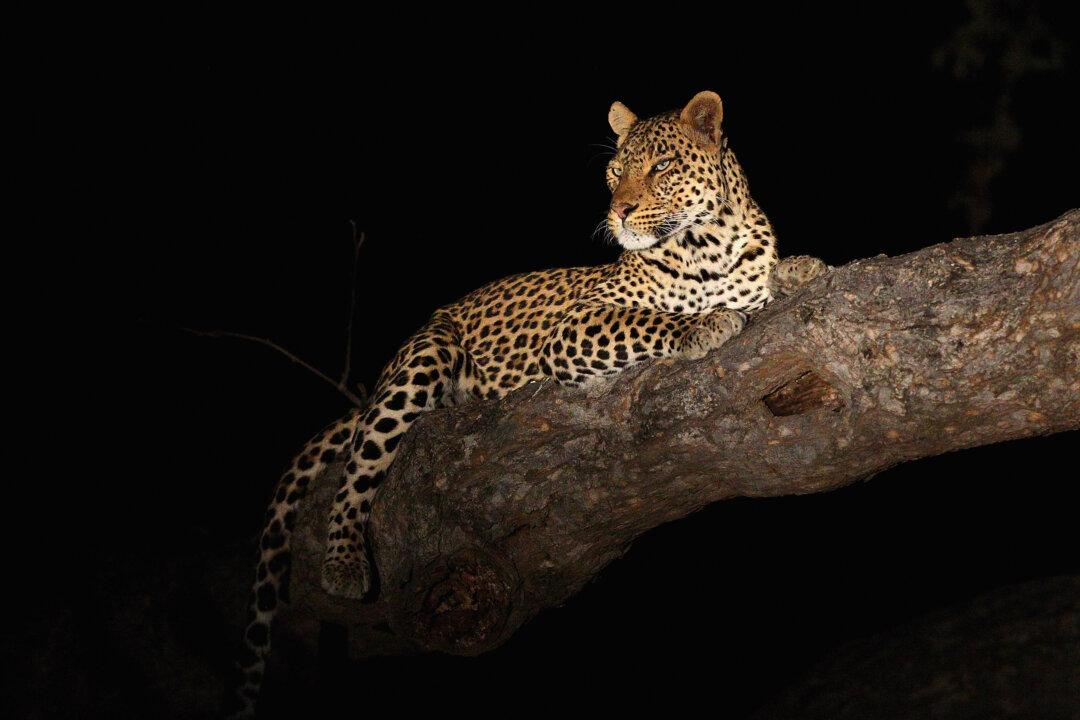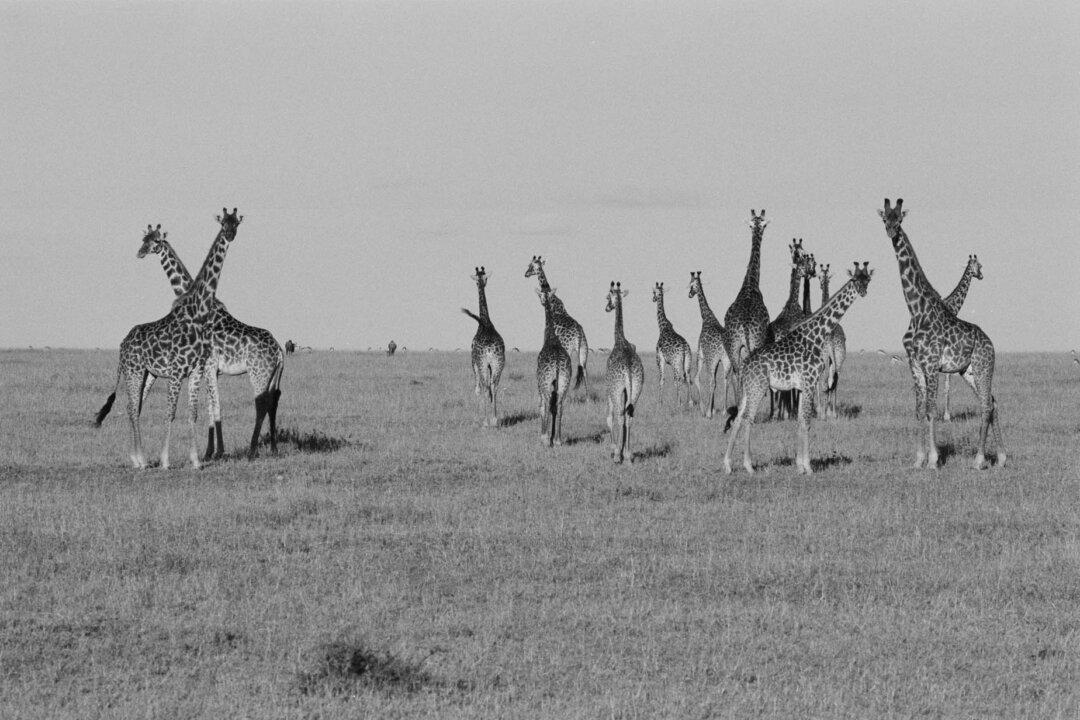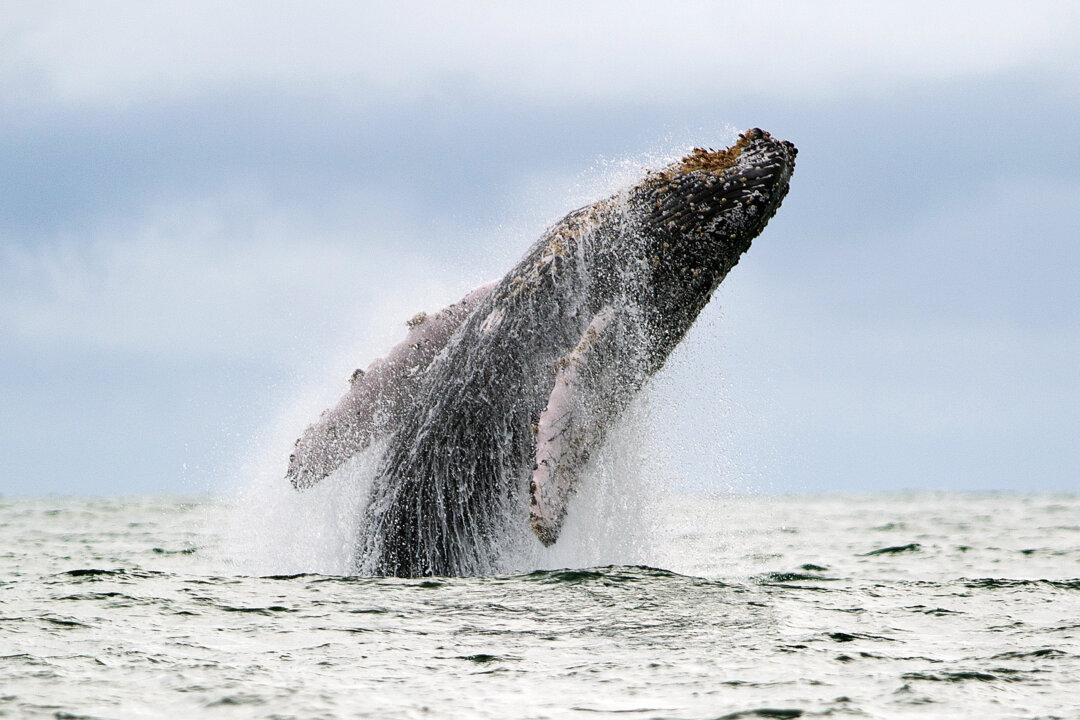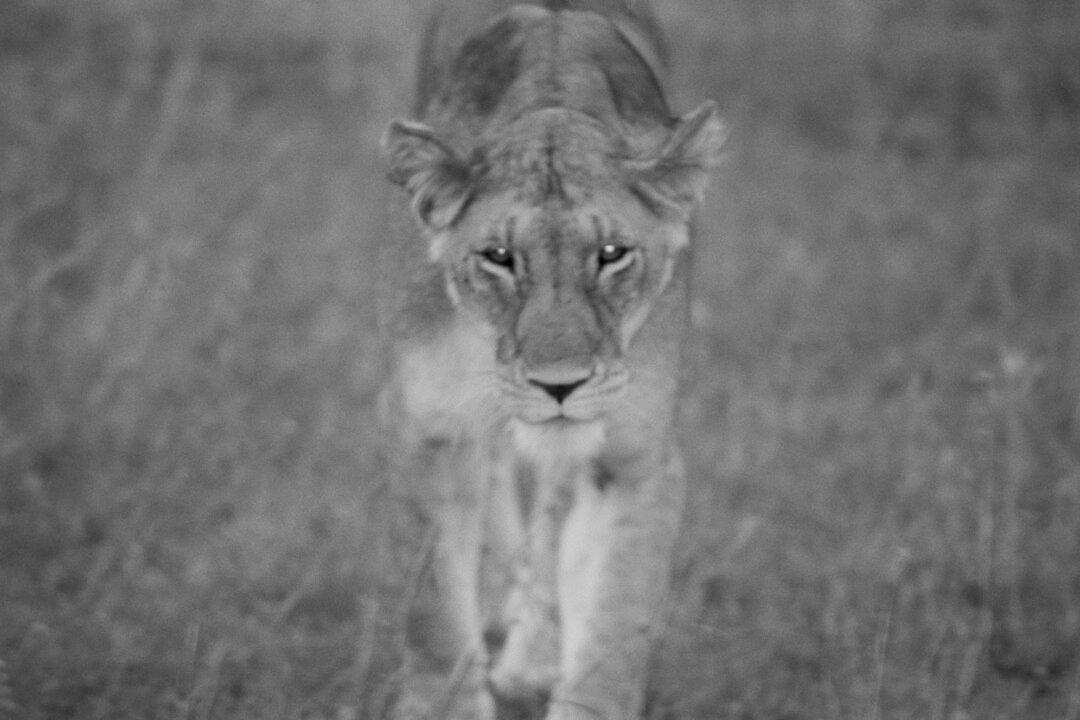“A human being is a part of the whole called by us universe, a part limited in time and space. He experiences himself, his thoughts and feelings as something separated from the rest, a kind of optical delusion of his consciousness. This delusion is a kind of prison for us, restricting us to our personal desires and to affection for a few persons nearest to us. Our task must be to free ourselves from this prison by widening our circle of compassion to embrace all living creatures and the whole of nature in its beauty.”—Albert Einstein
I write because my son learned to speak his first words looking at images of animals, and foremost among them, the African elephant, like a stalwart throne in the imagination of childhood. I write because a prayer has sounded for the life force of the planet. I write because my son learned to walk in the cradle of humankind in Kenya amazed by the elephantine mind. I write because childhood and the human soul is literally on the line.
In this second phase of the elephant genocide, after the loss of 500,000 elephants in the 1980’s, about 100,000 from 2010 to 2012 were slain in Africa where the GDP of its average citizens is 3% of what an American earns. The dustbowl of poverty, which incites poaching in Africa, is off the charts. My words may fall on deaf ears but I imagine that the newly wealthy in China have children and that these children will want to have something to offer their children in a generation’s time. I have seen my son amazed by the largest mammal ever to walk the earth in this time ambling by him at ten feet. Africans do not use or consume ivory except in very rare rites and rituals. The market fueled by Chinese demand and by Chinese nationals in Africa is in the process of obliterating herds of elephants so they can adorn their mantelpieces, to proudly show off to their neighbors that they have arrived. But in the process they are wreaking havoc on many countries like Kenya and the Congo where the forest elephant has been decimated and who depend on either tourism or foreign investment for their future.
In Africa there is a saying in Swahili “Ukiue Ndofu Utalaaniwa,” if you kill an elephant you will be cursed. In the drug trade, which the United States seems so bent on eradicating, tens of millions of dollars are spent to stop the dealers. The drug trade is not dependent on the fly infested carcasses of a newly gunned down elephant. Poppies can bloom once again. Coca leaves can photosynthesize once again. But annihilate the mother elephants and the tusked fathers of two-week old orphaned elephants, and it will take generations for elephants to rebuild their population. Terrified infant elephants roam without their parents. Millennia of genetic memory and culture have been shattered out of existence. Something we presumed unbreakable in the great chain of nature evolving has been shattered by human greed and avarice.
